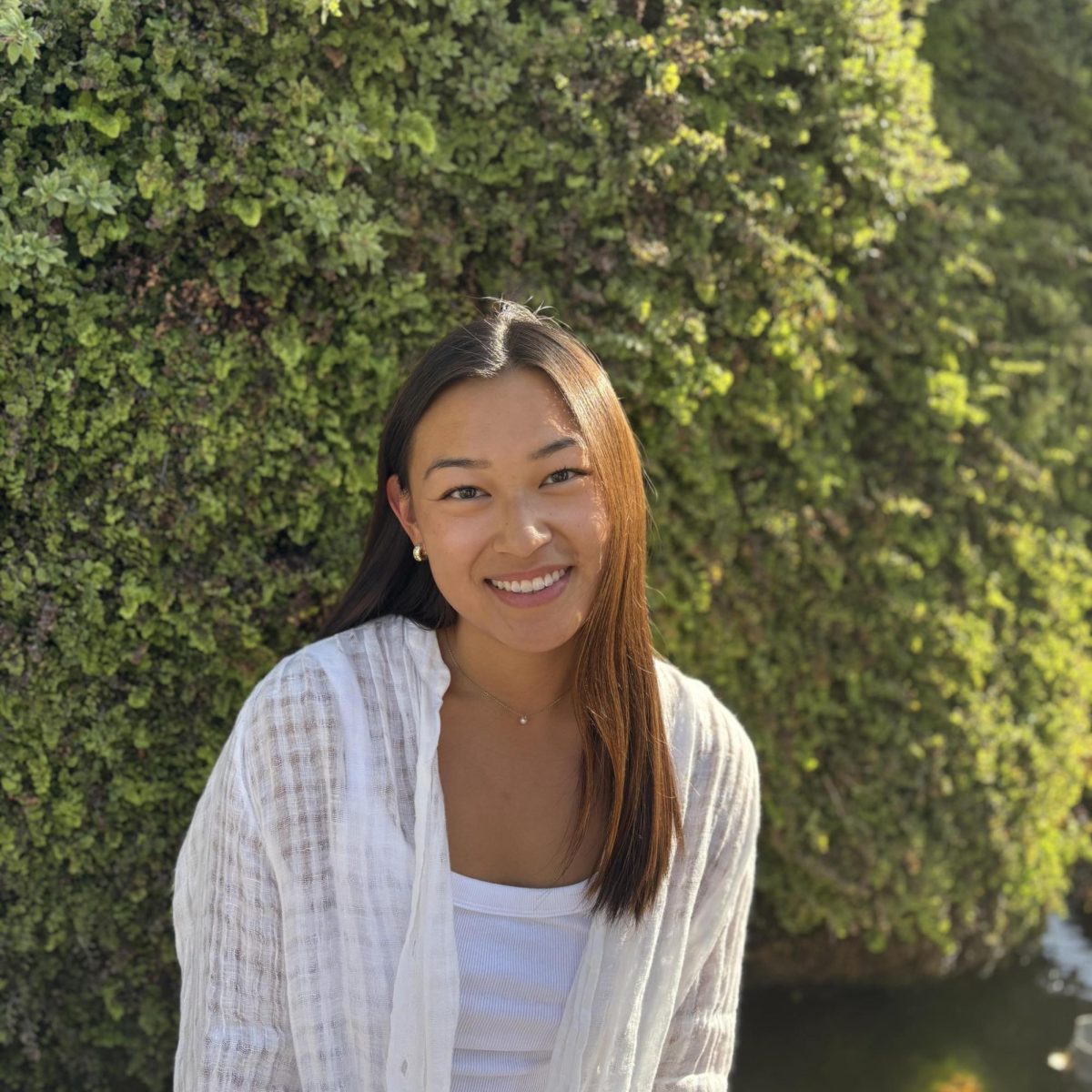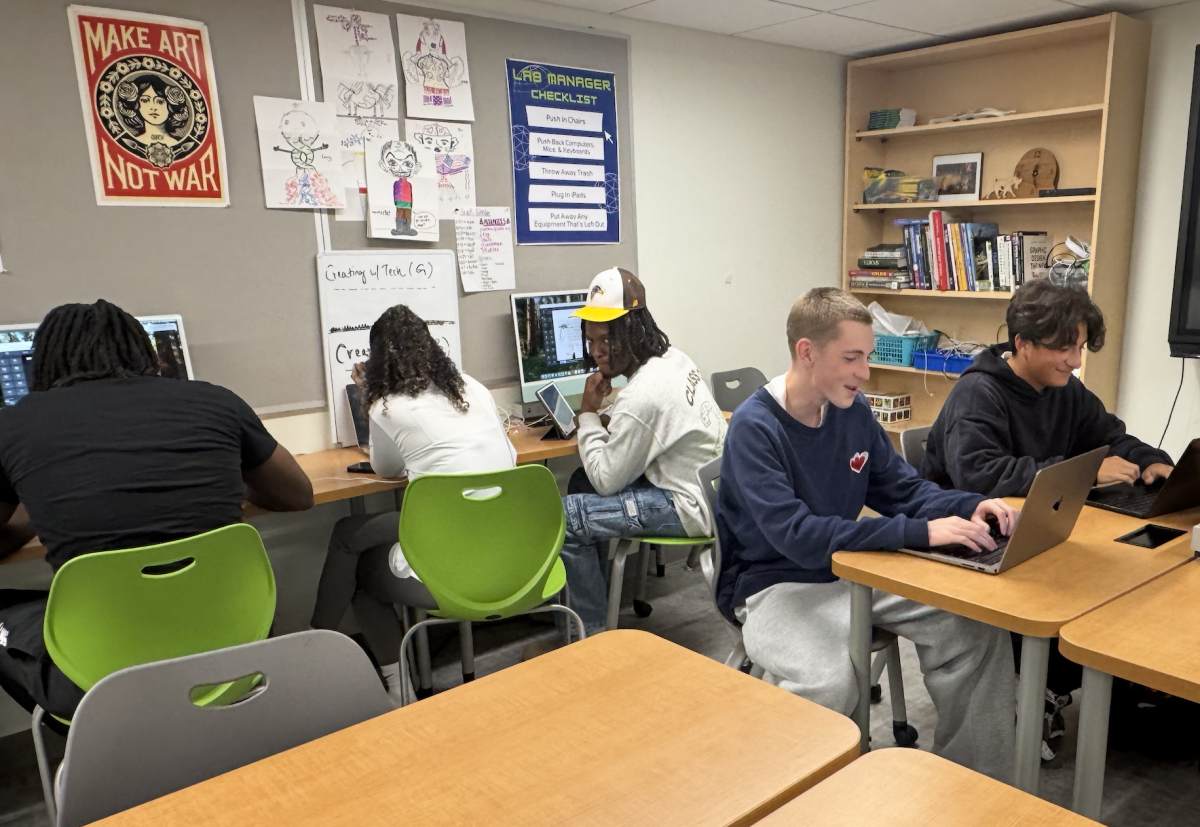On the Other Side of the Earth: iSelect from China
At the end of a busy day, it’s about 7:30 pm and I have just finished my dinner. After a brief conversation with my mom, I am ready to turn on my computer and begin iSelectLearning. Now that I am not in the United States, I experience a constant 12 hour time difference, going to school late in the evening instead of the morning. This feeling is very novel and even a little surreal.
When COVID-19 broke out in the United States this March, Friends Select switched to iSelectLearning. My family and I decided to return to China and wait for the pandemic in the United States to subside. When school was about to start in August, the epidemic in the United States continued to worsen, so my family and I decided to stay in China even longer and wait for the situation to improve before returning to Philly.
The time difference between China and Philadelphia was still 12 hours, and I had to start the school year. Usually, not long after I eat dinner, I start my first online class at 8:15 pm, and I stay in class until about midnight or one in the morning. The first two weeks of school were a bit challenging. After all, during summer vacation, I usually lay in bed and scroll on my phone instead of taking notes and doing homework. The return to school is always an adjustment, but this year, instead of struggling to get up every morning, I’m struggling to not crawl into bed every night.
As a senior, I wish I had 30 hours a day to allow me to manage both school deadlines and college applications. FSS students in China were facing a 12 hour time difference and distance study. Before the start of this semester, I coordinated my class time with my teachers via email. I have been able to change my class times, which helped me to not stay up so late, but recently, American daylight savings added another hour to the time difference. The 13-hour difference pushed my schedule back by an hour, and it’s really exhausting to learn new information at two in the morning.
FSS students in China are working hard to adjust to the time change. The time difference not only affects our classes and sleep schedule but also affects our daily routine. For example, I usually get up around 12 or 1 pm every day and after lunch, I will go to the gym or other classes that I attend in China. Later, I work on my art portfolio. The final station is home, where I quickly finish my dinner and then sit down to start iSelect learning. My only free time in the day is at two or three in the morning, but I have to finish homework at that time.
Many of the other FSS students in China are in the same situation and must stay up later to adapt to iSelect learning and school-related matters. Another senior student in China, Kevin Zhang 21’, said, “We had to start classes in the evening and continue until the wee hours of the morning. This situation is exhausting my mental state.”
The struggle to obtain school supplies while abroad is also worth noting. A week before school started, I received an email from Upper School Director Chris Singler about picking up supplies for my science and art courses. A few days later, Chris sent me an email asking for my address in China. Honestly, I was doubtful at the time, thinking in my heart: “as far as the speed of international express delivery, it would be great if I could receive it within a month.” But just a few days later, I received the package information from customs. With supplies, it made the progress of my metalsmithing class much easier. But unsurprisingly, customs still confiscated some tools they considered “dangerous.” They even confiscated a hole puncher!
Most of my courses are going well through distance learning, but there are two courses that are harder to take in China. In a normal metalsmithing class, special tools are needed for each step, so the students can safely complete their tasks. Since some of my tools are missing I need to use one tool to do a task that requires several, which makes the tasks difficult. Another difficult class is Physics. Our class had a lab activity about actual distance measurement, and because of some technical and network limitations, I had to stare at a part of a street monitor video to calculate the actual distance. Although I don’t know whether the distance I finally calculated is reliable, I still bit the bullet and finished the lab. Trying to accurately complete this lab felt burdensome, but fortunately, my teacher understood my difficulties.
Although both of these classes are difficult, Metalsmithing is still the most challenging and affects the rest of my family. They have to hear the sound of iron striking in the middle of the night. Not many people can bear the creaking sound of sawing metal pieces or a harsh electric drill while they get into bed after a long day at work. Luckily, my family supports me in metalsmithing, so they started staying up later as well. They even come to supervise my work occasionally.
Now, life in China is gradually returning to normal after the pandemic. The government no longer mandates people to wear masks, although I often see people wearing a mask for extra safety. The students have already been back in school for a long time, and there are crowds of people in the subway and office buildings. A large number of Chinese international college students are taking classes at their US partner schools in China, including a few Chinese FSS seniors who graduated in the class of 2020. Christine Fang 20’ is now studying at Tsinghua University’s campus. Dining and entertainment venues are also full of people; for crowded places like movie theaters, people usually sit a seat apart.
Even though life in China is returning to normal, going back to meet in person may make it easier for both me and my teachers. However, considering various political factors and the high numbers of Covid cases in the US, my family and I are still deciding whether our original plan to return to Philly in January will be postponed. Other FSS students in China have the same concerns as me. Maybe there will be new trends after the presidential election this year. Only time will tell!





























